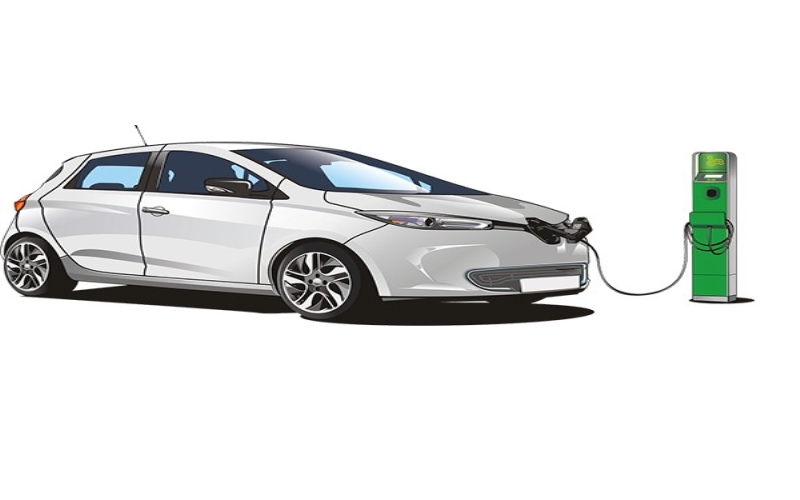As more and more people turn to electric vehicles in recent years, the demand for efficient and convenient charging solutions continues to grow. EV chargers are categorized into AC and DC chargers, each with a different charging power. For individuals and operators looking to purchase an EV charger, it’s essential to understand the differences between DC (direct current) and AC (alternating current) chargers. This guide will explore the differences between AC EV chargers and DC EV chargers.
What is an AC EV charger?
AC electric vehicle chargers are available for both home and commercial needs. AC chargers are powered by alternating current, making them compatible with the standard power grid. This flexibility allows for seamless integration of AC chargers into various environments, including homes, offices, and public charging stations.
In North America, both Level 2 chargers and Level 1 chargers utilize AC power. Level 1 chargers typically provide power through a standard household electrical outlet (120 volts) and charge relatively slowly. Level 2 chargers, on the other hand, require a dedicated power source, typically 240 volts, which provides a faster charging solution than a standard household outlet for both home and commercial use. Therefore, for home charging solutions, Level 2 AC chargers are preferred.
What is a DC electric vehicle charger?
A DC EV charger is a device that uses a direct current (DC) power source to charge an electric vehicle and provide faster charging speeds.DC chargers are typically used in commercial and highway applications that require fast charging, making them a quick and efficient solution for mobile electric vehicle owners. Unlike AC chargers, which convert AC power to DC power within the charging unit, this direct current transfer reduces energy conversion losses, making charging more efficient.
In North America, DC electric vehicle chargers, also called level 3 chargers, are mainly installed at gas stations, restaurants, or commercial areas to provide convenient charging services for electric vehicles.
With the rapid popularization of electric vehicles, extensive DC electric vehicle charging networks are being established in various regions to provide efficient and fast charging options for electric vehicle owners and to promote the popularity and use of electric cars.
What is the difference between a DC charger and an AC charger?
The power supply method is the main difference between a DC and an AC charger. DC chargers provide direct current and have faster charging times, especially in commercial environments. AC chargers use alternating current and are more versatile, suitable for various locations, including homes and businesses.
DC chargers excel in charging speed, especially Level 3 DC fast chargers, which can significantly reduce charging time compared to AC chargers. However, this trade-off comes in the form of infrastructure requirements and cost, making DC chargers more common in public places rather than individual homes.
While Level 2 AC chargers offer a practical solution for residential charging, they may need help to match the speed of a Level 3 DC fast charger. The choice between DC and AC chargers depends on the intended use, with AC chargers meeting everyday charging needs and DC chargers meeting the need for fast charging in commercial and highway environments.
Joint: A specialized provider of AC and DC electric vehicle chargers
As a specialized AC and DC electric vehicle charger provider, Joint is committed to providing efficient and reliable charging solutions to meet different scenarios and needs. Based on the needs of the electric vehicle industry, Joint continues to promote the development of the electric vehicle charging field through innovative technologies and sustainable development concepts.
Comprehensive Charging Solutions: Joint provides comprehensive EV charging solutions for home, commercial, and public charging scenarios, and its product line includes home and commercial chargers, as well as EV charger accessories to meet the changing needs of different users.
Sustainability: Focusing on sustainability and promoting clean energy, Joint’s ENERGY STAR certified charging equipment, such as the Joint EVC10, reduces environmental impact by minimizing energy waste during the charging process.
Customized Products: Joint understands that different customers have different charging needs, so Joint offers OEM and EDM services to meet the specific needs of home users, businesses, and charging stations.
Conclusion
AC chargers and DC chargers fulfill different charging needs in different scenarios. AC chargers are flexible and widely available for homes and businesses, while DC chargers provide fast charging in places such as businesses and highways.
As a professional AC and DC EV charger provider, Joint is committed to innovative technology and sustainable development, providing users with comprehensive, efficient, and reliable charging solutions to help the EV industry grow.

